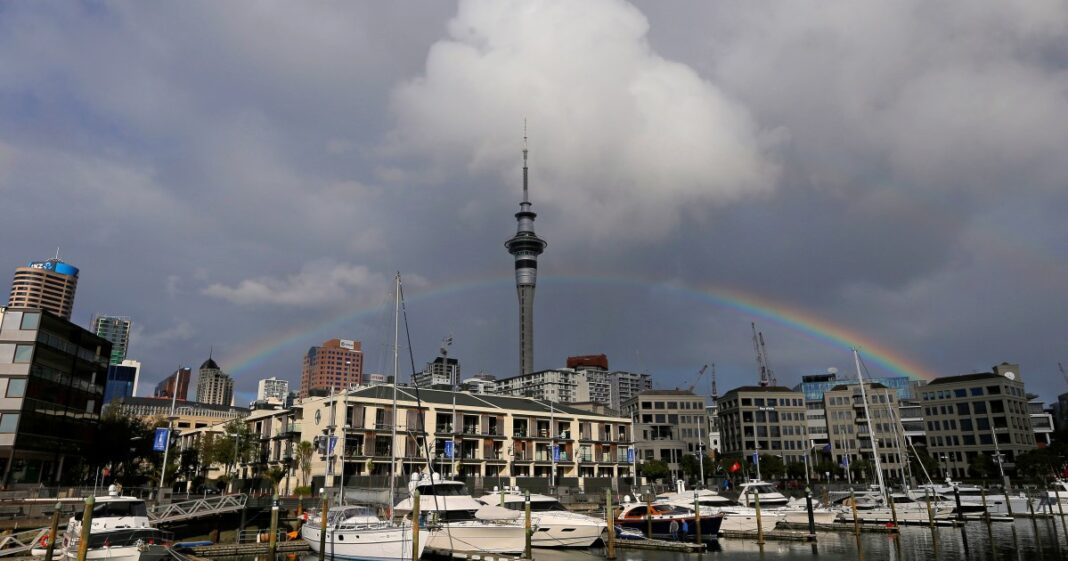GDP grows 0.2 percent in first quarter, buoyed by record immigration.
New Zealand’s economy has crawled out of recession after back-to-back downturns in the span of 18 months.
Gross domestic product (GDP) grew 0.2 percent in the first three months of the year, official figures showed on Thursday, after a 0.1 percent contraction during the previous quarter.
While better than expected, the uptick was greeted with little fanfare, being largely driven by population growth due to record-high immigration.
On a per capita basis, GDP fell 0.3 percent during the first quarter, the sixth consecutive decline.
“The growth figure is camouflaging weakness,” Craig Renney, an economist and the director of policy at the New Zealand Council of Trade Unions, said in a post on X.
Finance Minister Nicola Willis said New Zealanders were feeling the “long shadow” of high inflation and elevated borrowing costs.
“I know how tough it is for people right now who are still struggling with the ongoing cost of living crisis. We have a plan to turn things around,” Willis said, pointing to the need for “careful government spending” and “lower taxes for hard-working New Zealanders”.
New Zealand’s economy has struggled to grow in the aftermath of the COVID-19 pandemic, which inflicted a particularly heavy toll on the country’s key agriculture and tourism sectors.
The Reserve Bank of New Zealand has hiked interest rates to a 14-year high in a bid to tame some of the highest inflation in the developed world, putting a brake on economic activity.
Prime Minister Christopher Luxon’s centre-right coalition last month unveiled a budget proposing tax cuts of $14.7bn New Zealand dollars ($9bn) over the next four years.







